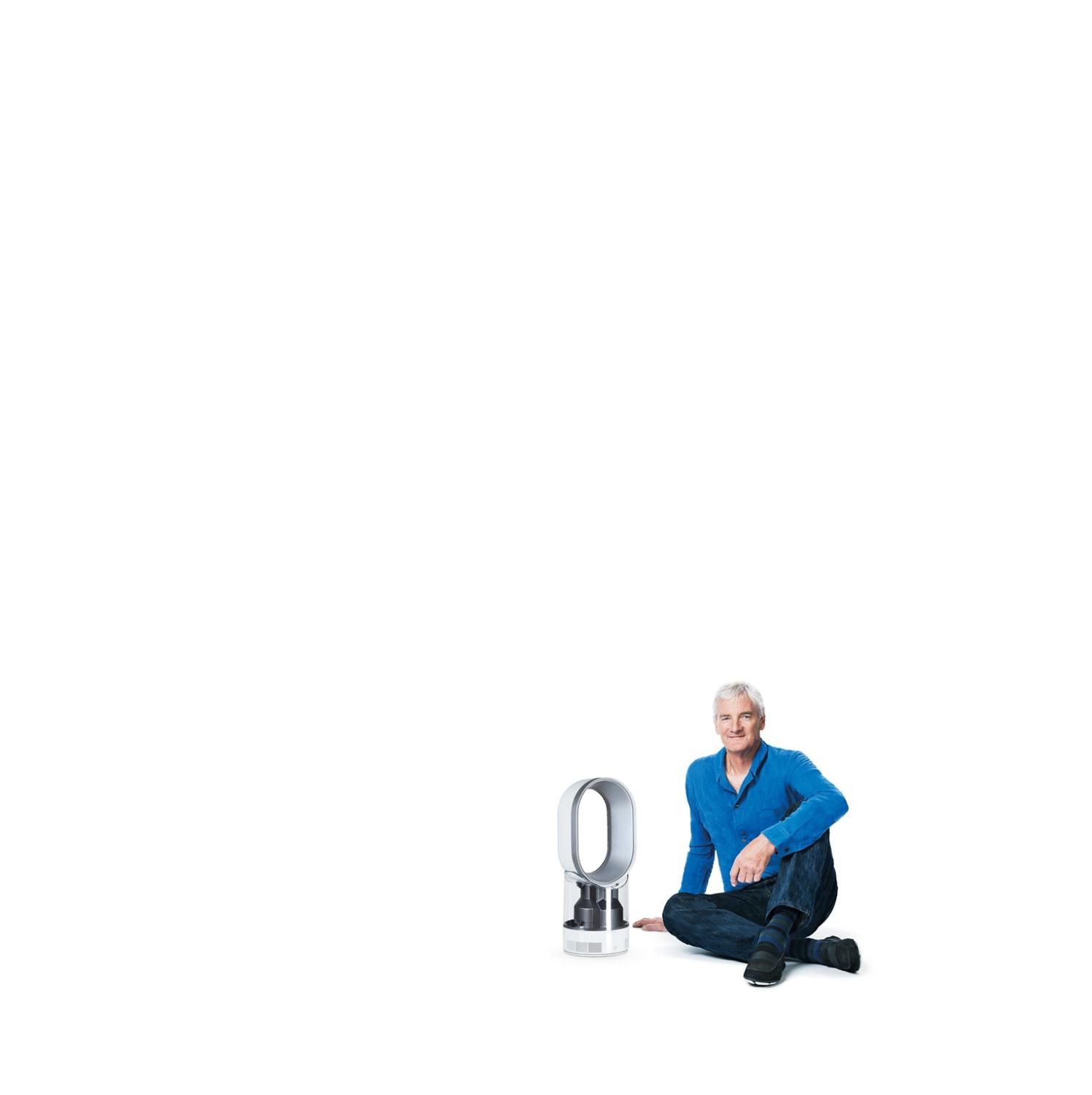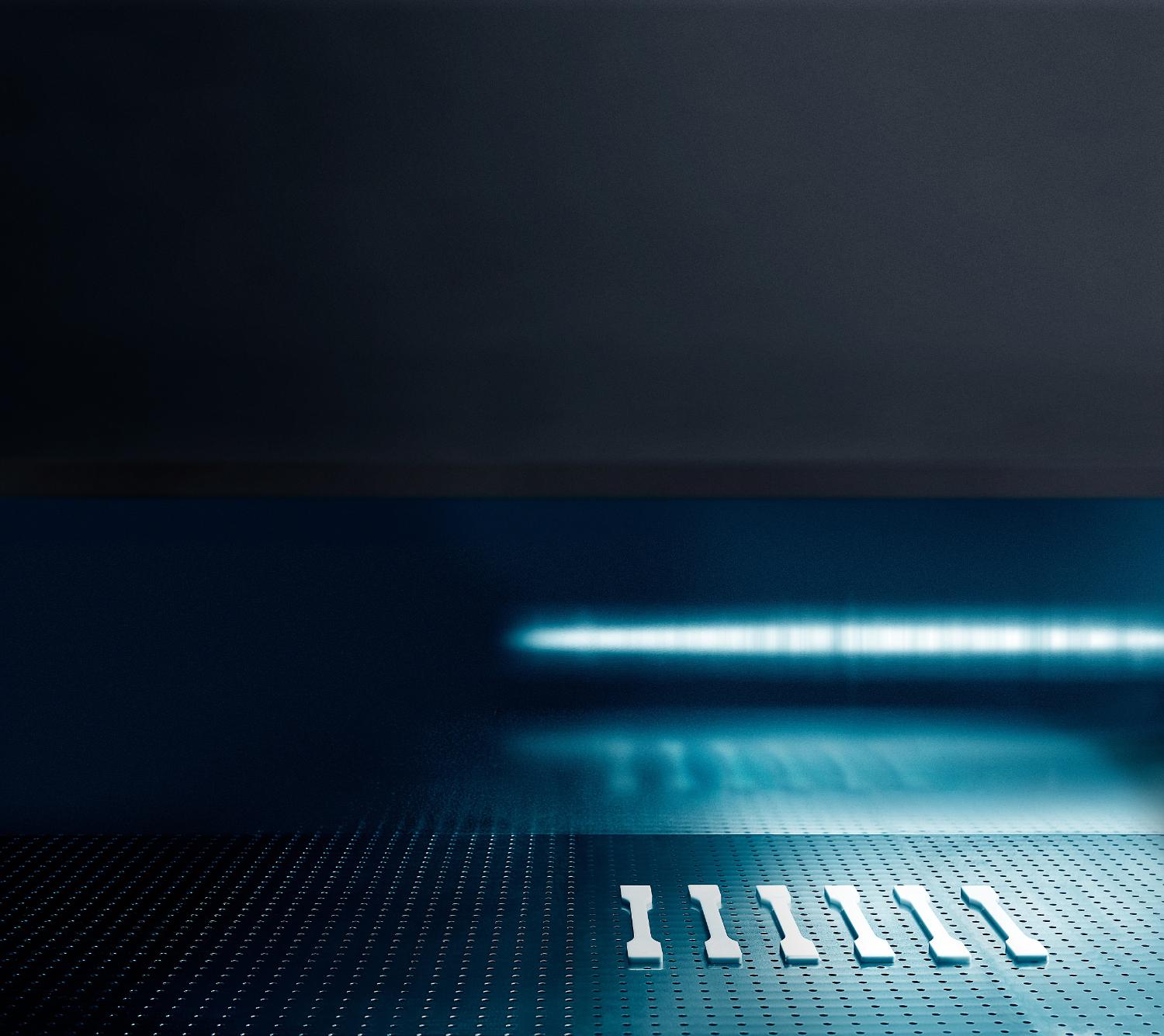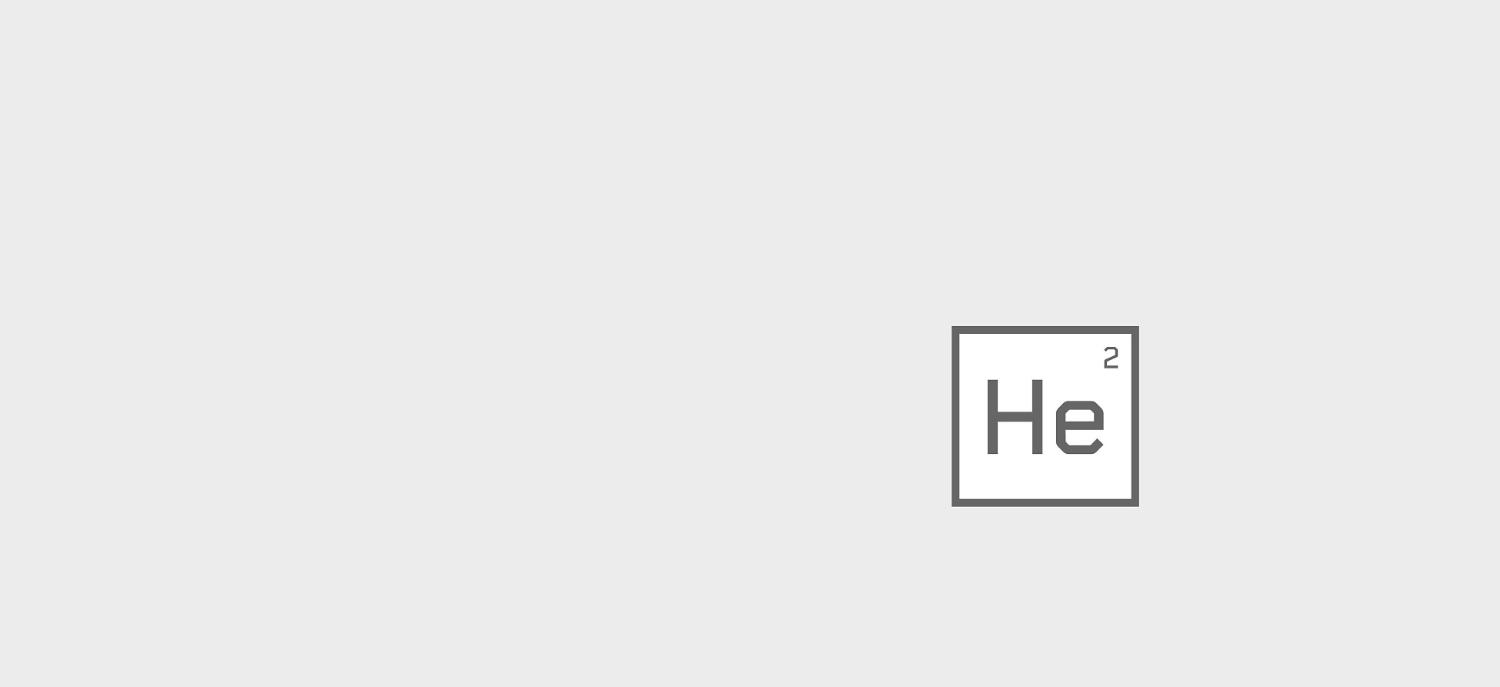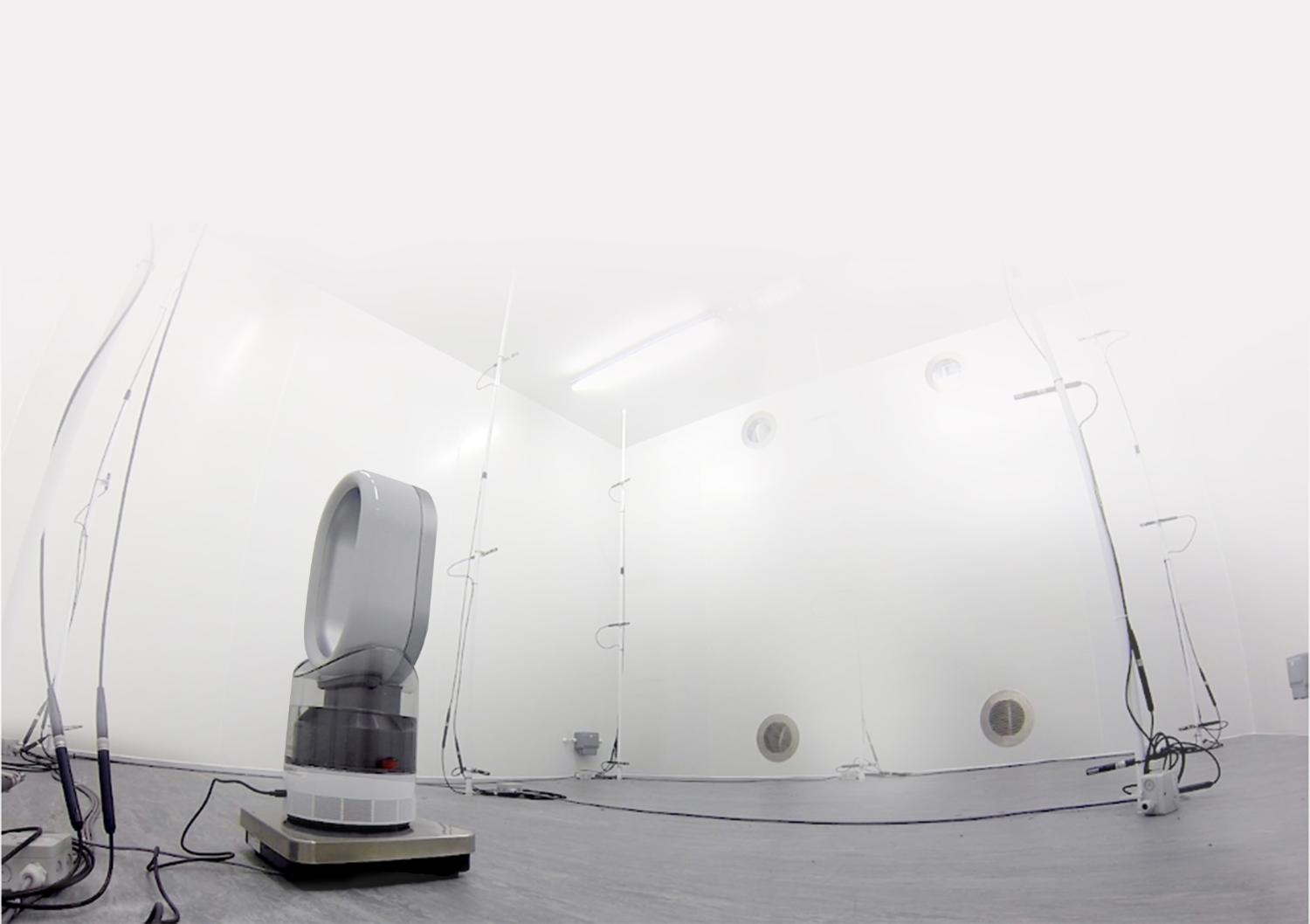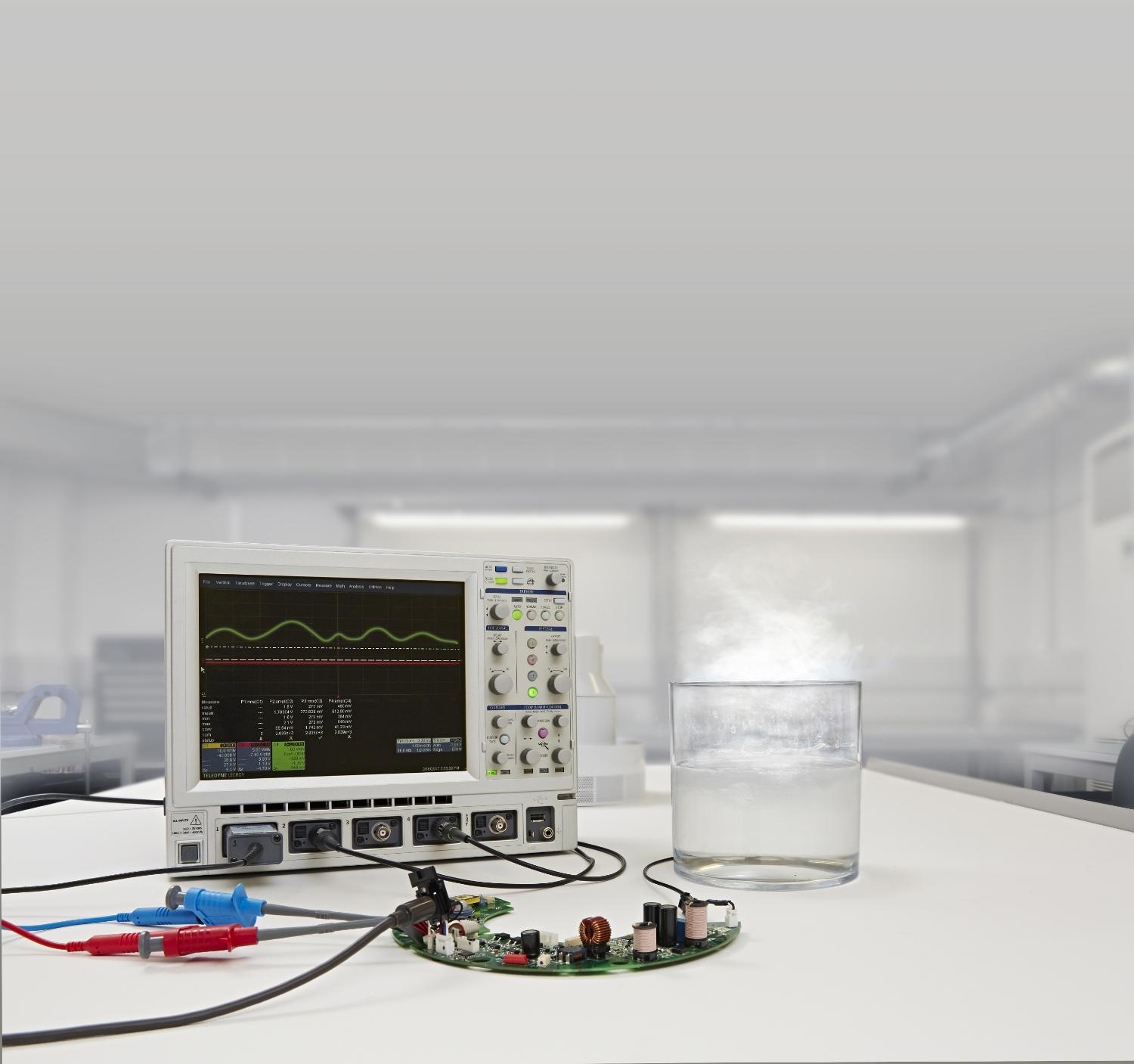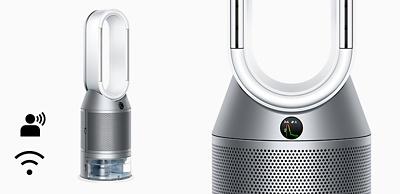Free shipping and returns
What are my shipping options?
Standard shipping: Free
Shipping via Purolator or Canada Post is free of charge when ordering any new machine from the Dyson Store. We aim to deliver the machine(s) within 2-7 business days, subject to availability. Please note that there are a small number of postal codes, usually in remote rural areas, to which we may not be able to deliver within this timescale.
Expedited shipping: $25
If you need your machine in a hurry, we also offer an expedited shipping option via Canada Post to major cities – your order will be delivered within 2 business days. Simply switch to the expedited shipping option in the checkout. Please note that there are a small number of postal codes, usually in remote rural areas, to which expedited shipping is not available.
Accessories and Spare Parts: $5.99
Shipping for accessories and spare parts is $5.99. Orders will be shipped within 2-7 business days via Canada Post.
How long does shipping take?
Estimated delivery times to major cities:
Cities
|
Standard Shipping (Free)
|
Expedited Shipping: ($25)
|
To Toronto
|
2-5 business days
|
2 business days
|
To Ottawa
|
2-5 business days
|
2 business days
|
To Montreal
|
2-5 business days
|
2 business days
|
To Quebec
|
2-5 business days
|
2 business days
|
To Winnipeg
|
3 -7 business days
|
2 business days
|
To Halifax
|
3 -7 business days
|
2 business days
|
To Calgary
|
3-7 business days
|
2 business days
|
To Edmonton
|
4-8 business days
|
2 business days
|
To Saskatoon
|
3-8 business days
|
2 business days
|
To Vancouver
|
4-8 business days
|
2 business days
|
To St.John's
|
5-10 business days
|
2 business days
|
When will my delivery arrive?
Delivery is Monday to Friday 9am – 6pm local time, not including statutory holidays. If a delivery cannot be completed (for example, if you’re not home), the carrier will leave a notification at your door indicating where you can pick up your order.
Dyson Canada will make every effort to process orders within this timeframe, but issues outside of our control, such as weather, may cause delays. Dyson Canada will not be held liable for shipping delays in those cases. To process orders within this timeframe, we may need to contact you to validate your credentials.
If ordering multiple products your order may be delivered in multiple shipments. This is to ensure that your order is delivered as soon as possible.
How do I track my order?
You will be sent a notice of shipment email with tracking information upon the shipment of your order.
Can I ship to a PO Box?
Shipping to PO boxes is not available due to package size restrictions.
Can I ship to a different address than my billing address?
Yes you can, however please note that different billing and shipping addresses may cause a slight delay in delivery time due to our order verification process.
What happens if I’m not home to receive my shipment?
Since a signature is always required, please try to make sure someone is home to sign for your package. The carrier will make one delivery attempt, and if nobody is available to sign for the package you'll have two options:
1) Contact your selected carrier to arrange for a second delivery attempt.
or
2) Pick up the package from your local Purolator depot or Canada Post office. In order to determine at which location your package is being held, look up the package using the tracking number shared via email or contact the carrier. Be sure to bring one piece of mail with your name on it and a government-issued ID when you pick up your order.
What happens if my order was ‘returned to sender’?
If your order is not picked up from your either your local Purolator depot or Canada Post office within the time listed on your delivery notice it will be returned to sender. In the event that this happens, please contact Dyson Canada via email at service@dysoncanada.ca or by phone at 1-877-397-6622.
How do I return a product?
Buy risk free with free 30-day returns
Purchases made directly from www.dysoncanada.ca, Dyson Demo Stores, or Dyson helpline are eligible for a full money-back. The Dyson outlet's refurbished machines are final sale and are not eligible to be returned.
If you wish to return any product purchased from the Dyson Store within the first 30 days, please contact us prior to returning via email at service@dysoncanada.ca or by phone at 1-877-397-6622.
Dyson will cover the cost for the return shipping of any new machines. We will email you a pre-paid return shipping label. Simply print and affix it to the outside of your return shipment, and contact Purolator to arrange for a pick-up or you can drop it off at your local depot.
If you have any queries regarding your order, please contact service@dysoncanada.ca or call us at 1-877-397-6622.
Purchases made directly from www.dysoncanada.ca, Dyson Demo Stores or Dyson helpline are eligible for a full money back return within 30 days of the original purchase date.

